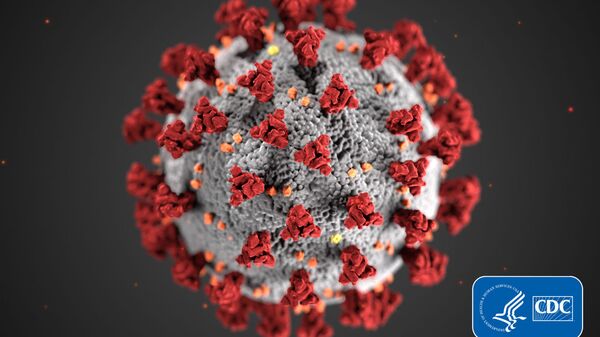A large-scale Spanish study on coronavirus has shown that just 5 percent of the population has developed antibodies, according to the medical journal the Lancet.
Spain has seen one of the highest rates of coronavirus deaths in Europe, with 28,388 people losing their lives to the virus.
The study of over 60,000 people, shows that 95 percent of Spain’s population is still susceptible to the virus and for herd immunity to work around 70 percent to 90 percent of a population need to be immune in order to protect the uninfected.
Data from participants across the country, whose age ranged from infants to people in their 90s, showed that there was some variation by region but nowhere near the levels needed for herd immunity.
These results strengthen the evidence against so-called herd immunity, as a means to tackle the coronavirus pandemic.
"Despite the high impact of Covid-19 in Spain, prevalence estimates remain low and are clearly insufficient to provide herd immunity," the study's authors said in the report.’’
"This cannot be achieved without accepting the collateral damage of many deaths in the susceptible population and overburdening of health systems.
"In this situation, social distance measures and efforts to identify and isolate new cases and their contacts are imperative for future epidemic control."
The study in Spain, appears to be the largest to date among a number of similar serological studies in Europe.
There have been similar studies in China and the United States and "the key finding from these representative cohorts is that most of the population appears to have remained unexposed" to Covid-19, "even in areas with widespread virus circulation,"the Lancet article said.
"In light of these findings, any proposed approach to achieve herd immunity through natural infection is not only highly unethical, but also unachievable," said the Lancet's commentary authors, Isabella Eckerle, head of the Geneva Centre for Emerging Viral Diseases, and Benjamin Meyer, a virologist at the University of Geneva.
Professor Danny Altmann, British Society for Immunology spokesperson and Professor of Immunology at Imperial College London, described the study as "sobering".
"Findings such as this reinforce the idea that faced with a lethal infection that induces rather short-lived immunity, the challenge is to identify the best vaccine strategies able to overcome these problems and stimulate a large, sustained, optimal, immune response in the way the virus failed to do," Professor Altmann said.




